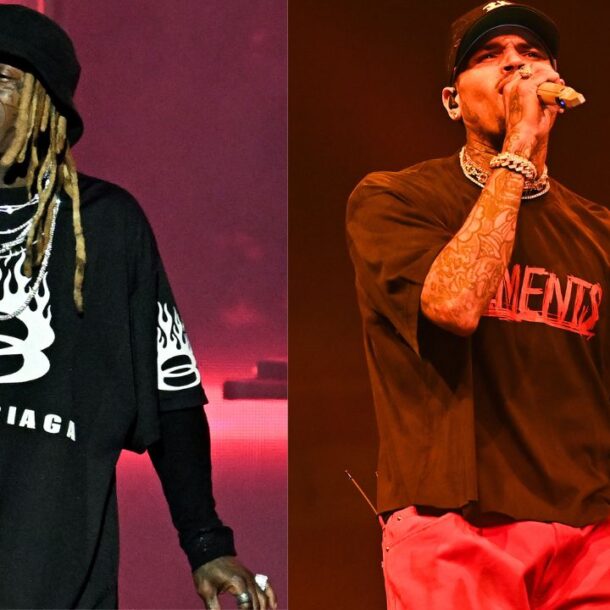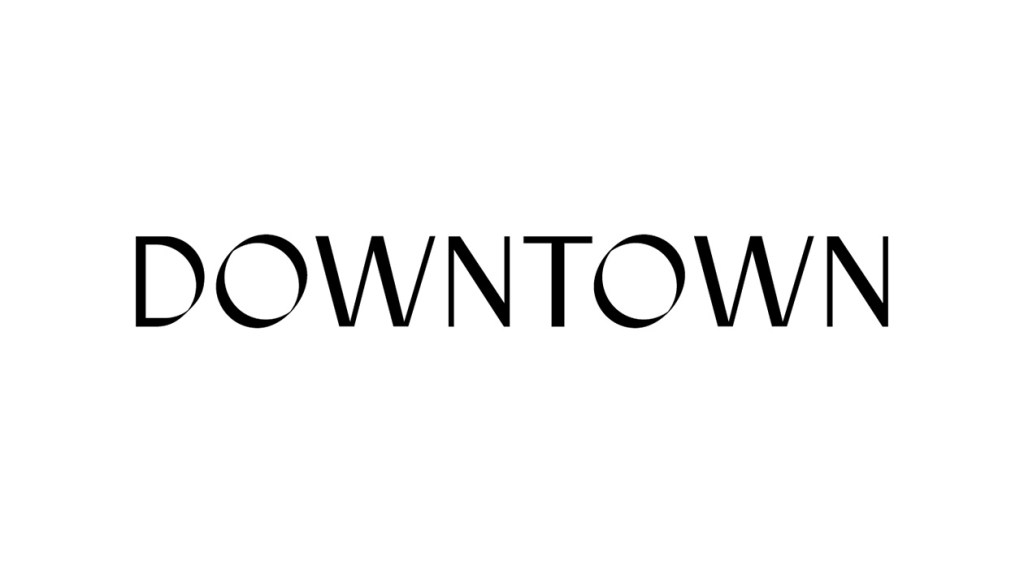
Stay
UpdateD
Join the BPC
Email List
Stay up to date on exciting projects and upcoming events from the Black Promoters Collective.

Several more players in the independent music community have called on regulators to block the acquisition of Downtown Music Holdings by Universal Music Group (UMG) announced this week, arguing the deal “would seriously distort the global music market” and “reduce competition and the independents’ bargaining power.”
Virgin Music Group, which is owned by UMG, announced Monday (Dec. 16) that it had agreed to buy Downtown Music Holdings for $775 million in a deal that would beef up the music giant’s market share by absorbing Downtown’s stable of indie distributors, publishing and rights administrators including FUGA, CB Baby, AdRev and Songtrust. The deal came just two months after UMG acquired the remaining shares of indie label group [PIAS], including its services division, Integral — an agreement that was similarly criticized by indie trade groups, who have asked regulators to launch an investigation into the pact.
In a joint release Thursday (Dec. 19), several indie music leaders said the deal, if allowed to go through, would result “in fewer options for smaller companies to negotiate fair terms and compete on equal footing, leading to higher costs and less choice.”
“We are the global independent music community,” said Noemí Planas, CEO of Worldwide Independent Network (WIN), in a statement. “UMG trying to present this as an investment in the independent ecosystem is fooling no one. This is wealth extraction from the independents, another step in UMG’s relentless path to dominance and stifling competition. Independent music is the lifeblood of cultural innovation and market consolidation threatens the diversity that makes music so rich and compelling around the world. We call on regulatory bodies to block the deal.”
Also speaking out against the acquisition was A2IM CEO Richard James Burgess, who stated: “Universal Music Group’s acquisition of Downtown Music’s assets continues a troubling trend of consolidating independent music infrastructure, following acquisitions of InGrooves, MTheory, and PIAS. This increasing level of market concentration chips away at the competitive landscape, making it increasingly difficult for truly independent artists and companies to operate freely and equitably. These acquisitions risk silencing the independent voices that drive innovation and creativity in the music industry.”
Added Darius Van Arman, CEO of Secretly Distribution and co-founder of Secretly Group, “When near-monopolist Universal acquires Downtown, one of the largest independent music ecosystems, and does so in the name of independence, it cheapens what the word means. Market consolidation at this scale is not only anti-competitive, it is a fundamental threat to true independence.”
Virgin’s purchase of Downtown is just the latest in a string of similar acquisitions by major labels over the last several years. In 2024 alone, UMG acquired Outdustry, a label services and rights management firm that works across China, India, and other Asian markets; Thailand-based recorded music catalog RS Group; Nigerian record label Mavin Global; and a minority stake in U.S.-based Chord Music Partners, among others. Two years ago, Sony Music made a splash when it acquired AWAL and Kobalt Neighbouring Rights from Kobalt Music Group, followed by the more recent acquisitions of companies like Spanish label and distributor Altafonte and Greek independent label Cobalt Music. And Warner Music Group has snapped up minority stakes in European indie labels of late, including Dancing Bear Music (Croatia), NIKA (Slovenia) and Mascom (Serbia); it also fully acquired the Dutch label Cloud 9 Recordings in October.
“Whilst we are in favour of free enterprise, monopolies dominate market forces and remove the ability to compete,” said Maria Amato, CEO of Australian Independent Record Labels Association (AIR), in a statement on the Downtown deal. “There must be regulation to ensure that Universal who is already the largest music business in the world with a large stake in Spotify does not dictate prices and the ability for artists and labels to negotiate fair and equitable terms.”
“The recent acquisition by large corporations of companies that until recently were independent is a red alert for the entire global independent music community,” added Felippe Llerena, president of Brazilian trade association ABMI. “The Orchard, AWAL, Som Livre, Proper Music, Altafonte and now Downtown Music are examples of how multinational capital is reshaping the sector. ABMI believes that it is our duty to protect and promote an independent ecosystem, where artists, labels and companies can create freely and sustainably. Our fight is for the appreciation of music as art, culture and expression, not as a simple market product.”
In her own statement, Cecilia Crespo, GM of the association of Argentinian record labels ASIAr, said: “Concentration not only has a negative impact in the way platforms distribute royalties to artists and rights holders (based on market share), but also due to the unregulated use of data and intelligence from the analysis of the data and the behavior of all actors involved (artists, audiences, and users).”
On Tuesday (Dec. 17), several other indie music players came out in opposition to the Downtown acquisition, including indie labels trade body IMPALA, the U.K.-based Association of Independent Music (AIM) and global indie music publishers trade body IMPF.
UMG didn’t immediately respond to Billboard‘s request for comment on the latest statements of opposition.
Stay up to date on exciting projects and upcoming events from the Black Promoters Collective.

©2024 Black Promoters Collective (BPC) All Rights Reserved.